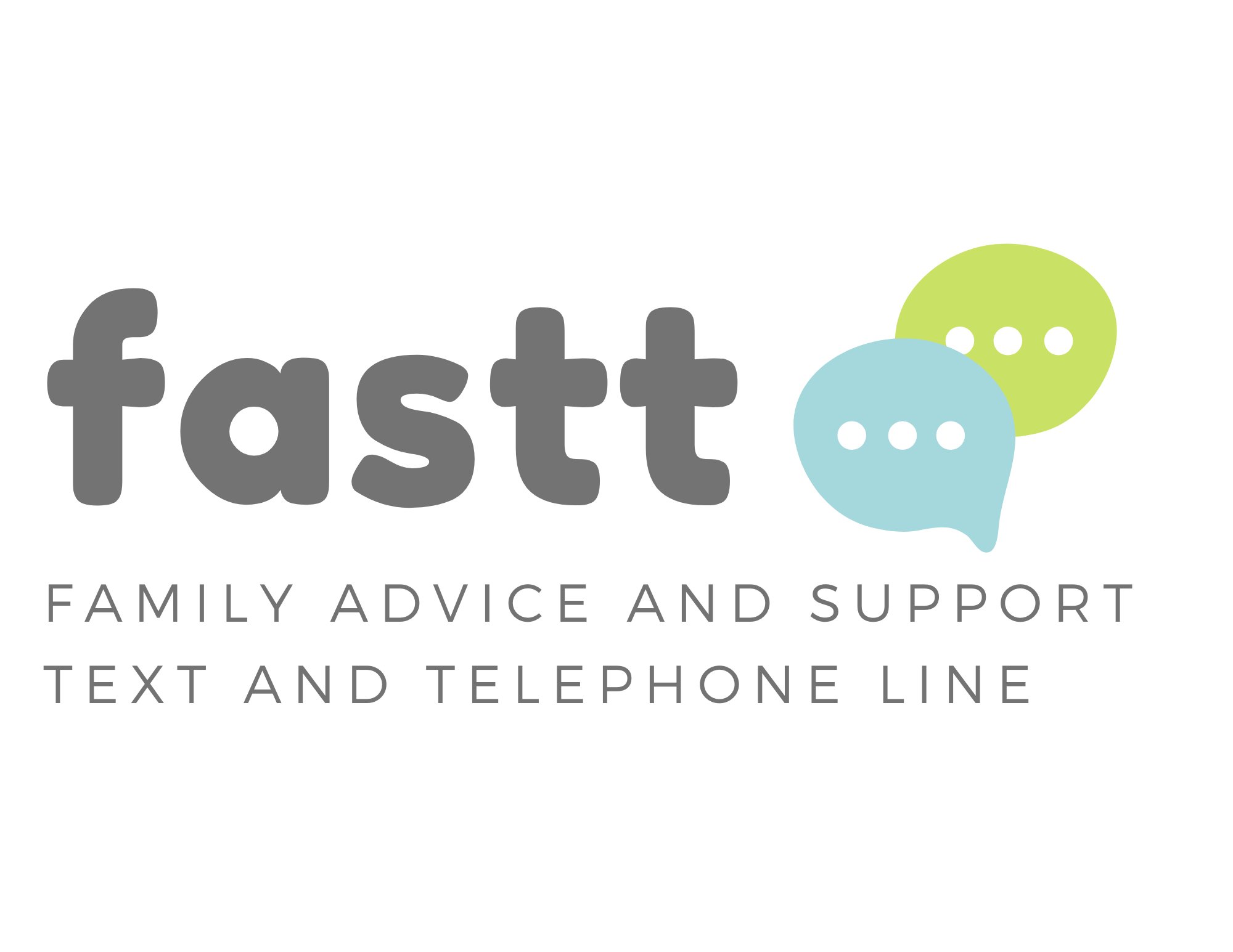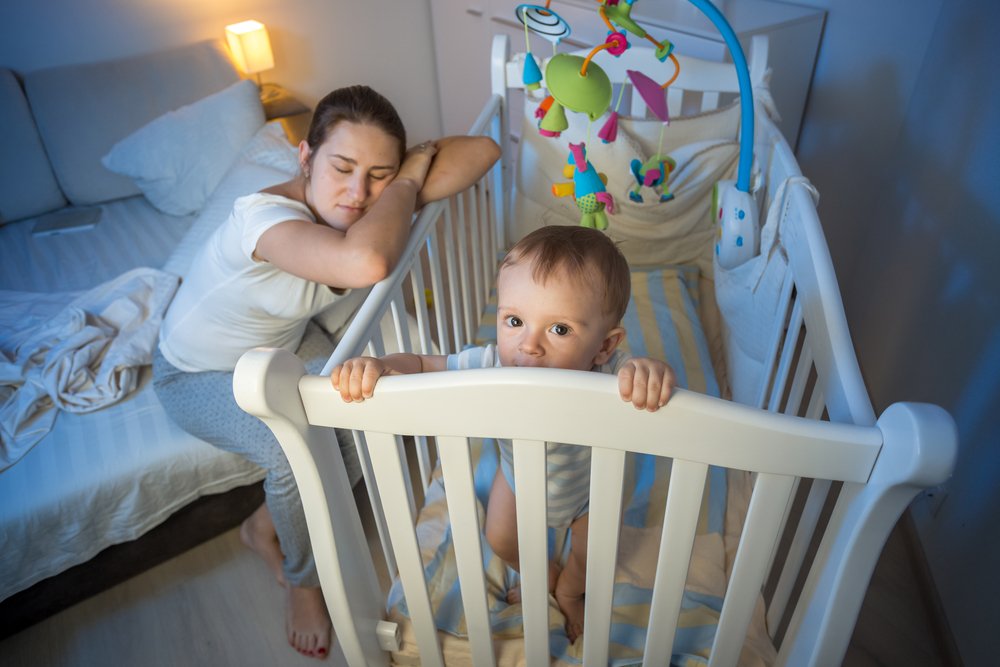Sleep problems in young children, although challenging, offer important clues into our child’s brain development.
Wait….what? Sleep problems are an opportunity? Some parents will think this is a crazy idea. It’s easy to see why: sleep challenges can be hard on parents and on kids. From problems going to sleep to struggles with staying asleep, a lot of children and parents can dread bedtime.
Despite the challenges and stress, sleep problems can tell you a lot about your child’s development –and maybe a few things about your strengths as a parent! In this article, the University of Oregon’s FASTT early childhood experts take a look at how young children’s skill-building and sleep problems are related as well as offer a few sleep training methods to consider.
Sleep and brain development
Your child’s skills and brain development go hand-in-hand. Early childhood is a period of HUGE changes. Did you know your child forms more than 1 million new neural connections every second? That’s a lot of growth in a very short time! Most importantly, this is the time when your baby is laying the foundation for skills that will be involved in almost everything they do, like being able to calm down when upset. Of course, babies don’t have these skills fully developed yet and we wouldn’t expect them to. But the skills are emerging, like the first sprouts of new little plants, and you can help them grow. Sleep is one of the first areas where these skills show up: when babies start to be able to self-soothe and fall back asleep after waking in the night.
Your baby will spend over half of their first years of life sleeping, but their total amount of sleep each night will likely get a little shorter from birth to age 2. They’ll also change from sleeping any time of day to what is called day-night alteration: sleeping more at night and less during the day, usually through fewer daytime naps. Although these changes happen eventually for all children, they can happen at widely different ages (translation: Don’t freak out if your child isn’t there yet).

📱 For sleep support advice, text +1-541-275-2956. *For US phone numbers only*
When babies are very young, like 1-4 months old, they don’t have a lot of sleep skills. But when your baby is between 4 months and one year, they’ll probably start to show signs of self-soothing when put to bed and when they wake at night. As that skill develops, your baby will sleep longer with more consolidated sleep (less waking during the night). That means your baby will be more rested and less tired during the day. A number of studies have shown that children who get better quality sleep cry less during the day and are better at tasks where they control their impulses. That also means they explore more and learn more. So helping your baby develop the skill of self-soothing not only helps them sleep at night, but it also makes daytimes better!
What’s right for you and your baby?
As most parents of young children know, there is an ocean of information on sleep training methods. There are different approaches for different issues: ways to help your baby fall asleep at bedtime are not always the same as how to help them fall back asleep after waking in the night. The methods can be different for different ages and not all methods will work for your family situation and your baby’s temperament. On top of that, the advice can recommend really different actions, from “just let them cry it out” to “don’t worry, it will happen naturally.” Meanwhile, you’re still up every night.
Many pediatricians and sleep specialists recommend methods for supporting your baby in building self-soothing skills gradually, without extreme distress. That means starting from where your baby is at on the skill of self-soothing and supporting them to build from there. No matter where your child is, there is a gentle, next step that you can help them reach. And you’ll be there to make sure they’re O.K. Choosing the right sleep training method depends on matching the strategy to your child’s level so the size of the next step in self-regulation is something she can reach. There are so many options it can be confusing!
Personalized support for you
The University of Oregon’s FASTT team provides a free program that can help. The service is easy to use –just text your question to +1-541-275-2956 and you’ll get one-on-one advice from a trained early childhood support coach. We’ll help you decide which sleep training strategies are best for your child based on their development and what works for you as a parent. You can learn more here.
All parents want the best for their children. Helping your baby build sleep skills also helps them develop important skills like the ability to self-soothe. It’s challenging to think of a strategy by yourself… especially when it’s 3 am! Finding the right method can be challenging, but pays off in a valuable skill for your baby and better sleep for you. If you’re looking for a little extra support, text the University of Oregon’s early childhood support team at 📱 +1-541-275-2956.
*The FASST texting service is only available for U.S. phone numbers*








